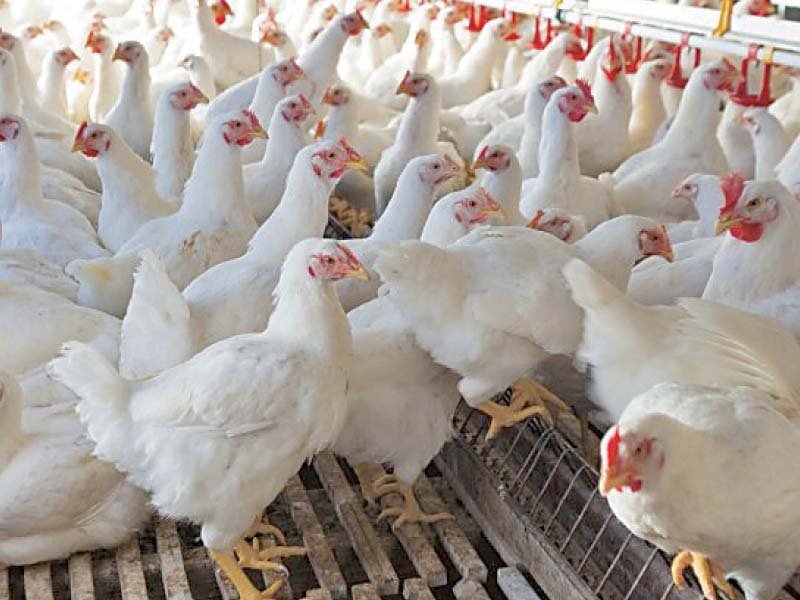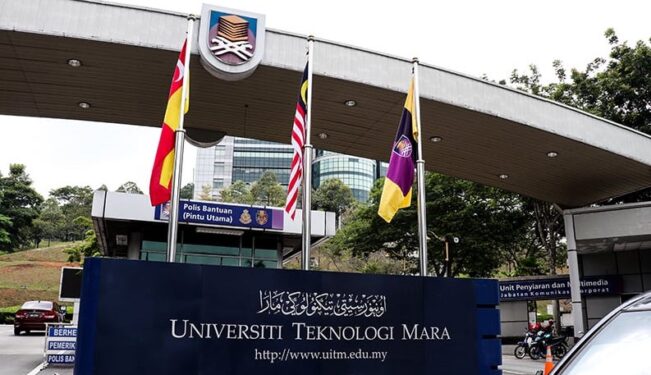THERE is an adage if you want to come up with solutions, you must first know, understand and grasp succinctly what the problems are. Putting it differently, another adage says knowing the problems are already half the solution.
Hence, the Government went into overdrive which shows it has a sense of urgency by bringing forward its regular Wednesday Cabinet meeting to Monday (May 23), just to devote time to find a solution to the crisis.
The root problems with the current shortage of chickens lie in firstly, the higher price of chickens which then culminates in the shortage of chickens.
Higher price of chickens translates into higher cost of living, affecting the lower income group the most. Poultry meat such as chicken and duck eggs are particularly important food as they are the most consumed animal product in Malaysia and are a key source of protein.
Malaysians consumed 47.4kg of poultry meat and 20.7kg of chicken and duck eggs per person in 2020, compared to other meat like beef (5.7kg per person), mutton (1.3kg) and pork (17.5kg).
The price of chickens went on a drastic rise last year – from RM7/kg in July to more than RM10/kg before the Malaysian Family Maximum Price Scheme (SHMKM) was implemented on Dec 7 last year until Feb 4.
By early January, the implementation of SHMKM has brought down the maximum retail price of chicken to RM9.10/kg from a high of more than RM10/kg.
But in some places, it was observed that the lower ceiling price was accompanied by a shortage of chickens in the market, though not so acute as in recent weeks.
Some analysts say this is because the lower ceiling price has made it unprofitable for some poultry farmers to continue operation. The most important thing, they say, is for the Government to realise there is a global inflation. Just let the market determine the price.
Other analysts contended if the Government wants to set a ceiling price, it has to be reasonable. It can’t be to the point that poultry farmers lose money and go out of business.
Price distortion?
It is in recognition the poultry farmers are also members of the Keluarga Malaysia and hence, their hardships need to be mitigated that the Government has reduced further the ceiling price of chickens by a reasonable 20 sen to RM8.90/kg from Feb 5 to June 4, this time with a subsidy for chicken feed for farmers at a tune of 60 sen/kg, totalling some RM729 mil.
So, the criticism on lower ceiling price for chickens especially from Opposition politicians is really uncalled for. Yes, it would distort the market and the economy but to begin with, the economy is already distorted by the pandemic, climate change and the war in Ukraine.
While the consequences of the distortion caused by the pandemic, climate change and the war are all negative, at least the distortion caused by lower ceiling price has a silver lining in that. It brought down the price of chickens from a high of over RM10/kg to RM8.90/kg.
The rakyat at large benefits from this price stabilisation including owners of restaurants and eateries specialising in chicken food menu, and even the ordinary street hawkers selling such menus.
And the impact of this distortion on the poultry farmers had been mitigated with a hefty subsidy on chicken feed.
If ever there is a justified criticism, it is so far only RM50 mil in subsidy had been paid out from the total RM729 mil but the Government is rectifying this by pledging to send out more officers to the states to speed up payments to boost chicken production.
On threats by a cartel planning to close poultry farms last weekend over unpaid subsidies, Prime Minister Ismail Sabri Yaakob said the ministry had been directed to expedite payment.
“I have received a report that certain procedures have resulted in late payments and I want this to be looked into.
“The ministry said it was still waiting for farmers to submit their claims. I call on farmers to put in their claims so payments can be made,” he added.
Anyway, this reduced ceiling price has an expiry date on June 4 – a matter of just a few more days, which means it is a short-term measure to stabilise price, and not worth the effort to make it an issue.
Domestic Trade and Consumer Affairs Minister Datuk Seri Alexander Nanta Linggi had already said the Government was considering whether to continue the SHMKM, which expires on June 4.
He also has hit out at DAP for “politicising” the Government’s decision to ban the export of chickens and cancelling the approved permits (APs) for importing certain food products, following a shortage in supply.
These measures, he added, was based on complaints by the public over the shortage in the supply of foodstuff, including chicken.
“We are prioritising the people. If DAP says (that we rushed through our decision), then when is the right time (to impose chicken export ban and cancelling APs)?” he asked, adding that the public had responded positively to the export ban, contrary to claims by the poultry industry. – May 29, 2022
Jamari Mohtar is the Editor of Let’s Talk!, an e-newsletter on current affairs.
The views expressed are solely of the author and do not necessarily reflect those of Focus Malaysia.











